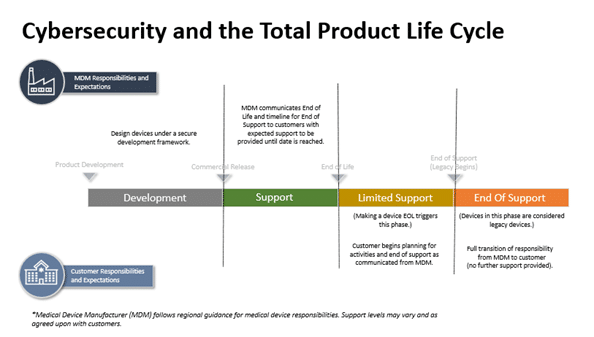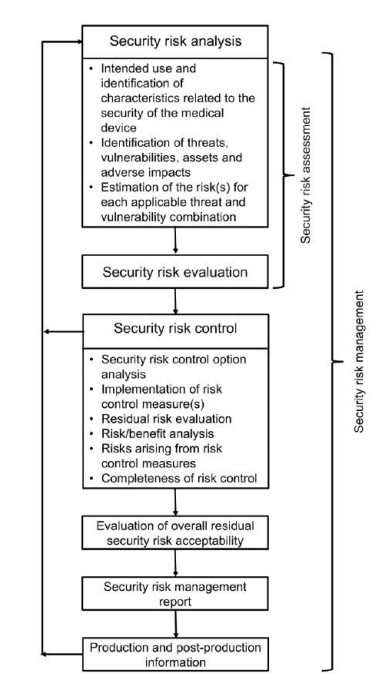While audits are not being conducted in the same way they were before the global pandemic, they continue to take place. New procedures adopted to deal with the coronavirus outbreak may have the unintended consequence of creating compliance gaps. An audit will identify these gaps so that you can address the issue. Understanding how the audit process has changed and what you may need to do differently can help your company navigate more smoothly.
Internal Control: What Processes Will Change?
Advance planning and proactive execution of your plan will put your company on track to conduct and complete internal, supplier and due diligence audits. Many of the processes you’re used to will change. Here’s how to prepare.
Auditboard: Did you Complete Advance Work?
You can complete some tasks off-site and in advance, such as reviewing standard operating procedures and the auditboard. You can also conduct teleconferences in advance to discuss any questions that will come up, or email ahead of time to find answers.
Certified Internal Auditor: Did you Hire an Expert?
Apply social distancing to the audit process by using video to substitute for certified internal auditor in-person visits when you can. Live streaming allows the certified internal auditor to view a facility instead of going there and possibly introducing new germs into the environment. Whenever possible, avoid walking around your employees during this process.
Acknowledge that the situation is not ideal. Giving auditors firsthand experience in your plant is preferable, but for the time being, it’s not always practical. Discuss what will happen to the tapes after the audit is over too so that your management team stays on the same page regarding disposal or preservation.
Audit Office: Are you Prepared for Virtual Interviews?
Interviews play a critical role in the audit process, and they will continue to serve auditors’ interests. Migrate audit office interviews to a virtual platform, and use teleconferencing apps to schedule and conduct them.
Audit Report: Increase the Transparency
The world has changed in a very short time due to the pandemic. This has led companies like yours to adopt new policies to curb the potential spread of COVID-19 or other infectious conditions. An audit offers the perfect opportunity to reexamine the audit report and increase the transparency of results. More departments and individuals should receive leeway to report deviations they see in the production process. Clarify your expectations for reporting in all aspects of production, including:
- Manufacturing operations
- Quality control
- Compliance assurance
- Supplier quality
Internal Control: Are you Building Trust?
Building trust with employees within a new internal control structure will put you on the path toward solving any audit issues uncovered. The goal of giving the public a reliable supply of needed products will become an achievable aim as a result. Continuing the audit process and running it smoothly is critical to public health. Companies must continue to uphold the supply chain for essential resources so that people receive the provisions they need.
About RCA’s Pharmaceutical Consulting Services
Regulatory Compliance Associates (RCA) has helped thousands of pharmaceutical companies meet regulatory, compliance, quality assurance, and remediation challenges. With more than 20 years of experience with FDA, Health Canada, EU and global regulatory agencies worldwide, Regulatory Compliance Associates® offers leading pharmaceutical consultants. We’re one of the few pharma consulting companies that can help you navigate the challenges associated with industry regulations.
Our pharmaceutical consulting firm includes over 500 seasoned FDA, Health Canada & EU compliance consultants and regulatory affairs experts who understand industry complexities. It’s a pharma consultancy founded by regulatory compliance executives from the pharmaceutical industry. Every pharmaceutical industry consultant on the Regulatory Compliance Associates team knows the unique inner workings of the regulatory process.
Client Solutions
Whether you’re in the product planning, development or pharmaceutical lifecycle management stage or need a remediation strategy for a compliance crisis, Regulatory Compliance Associates will guide you through every pharmaceutical consulting step of the regulatory process. Our pharmaceutical consulting Experts will create a customized approach depending on your product and company’s individual needs. Our regulatory compliance clients include:
- Companies new to FDA, Health Canada or EU regulations and regulatory compliance
- Start-up organizations with novel submissions to 510(k) submissions from multi-national corporations
- Investment firms seeking private equity due diligence for pre-acquisition and post-deal research
- Law firms seeking pharmaceutical consulting firm expertise in the remediation of warning letters, consent decrees, 483’s or import bans
Regulatory Affairs
Regulatory affairs is Regulatory Compliance Associates backbone. We exceed other pharma consulting companies with industry experts experienced in complexities of the pharmaceutical and biopharmaceutical industries. Our pharma consulting expertise spans all facets and levels of Regulatory Affairs. Additionally, we specialize in Regulatory Support for New Products to Life Cycle Management, Outsourced Regulatory Affairs, Submissions, Training, and more.
As your partner, we can negotiate the potential assessment minefield of regulatory compliance services with insight, hindsight, and the clear advantage of our breadth and depth of knowledge and regulatory compliance consulting. We offer the following pharma consulting regulatory affairs services for pharmaceutical companies.
- New Product Support
- Product Lifecycle
- Other Regulatory Services
- Combination Products
Compliance Assurance
The regulations process surrounding pharmaceutical companies can be tricky for even the most experienced industry veteran to understand. Just one misstep could mean significant and lasting consequences for your business. At Regulatory Compliance Associates, we offer the pharma consulting experience and pharma consultants necessary to guide you through the quality compliance process.
- Assessments
- Audits
- Regulatory Agency Response
- Preparation and Training
- Inspection Readiness
- Data Integrity
Quality Assurance
Regulatory Compliance Associates Quality consulting includes assessments, strategy, implementations, staff augmentations, and identification of quality metrics to ensure continuous improvement. Our pharma consultants understand the strategic thinking needed to align your business needs and goals. Regulatory Compliance Associates quality assurance services include quality experts with experience spanning major corporations and start-ups. Our pharmaceutical consulting firm knows firsthand how to achieve, maintain, and improve quality. Finally, our regulatory compliance services team excels in transferring continuous improvement knowledge to your organization.
- 21 CFR Part 11
- Data Integrity
- Manufacturing Support
- Facility Support
- Quality Metrics
Remediation Services
Regulatory Compliance Associates has a proven remediation services approach to managing FDA Warning Letters, Consent Decrees, Remediation and other serious regulatory situations. Our pharma consultants know how to partner with executive, legal, and communication teams. Each RCA pharma consulting Expert will develop a response that will be accepted by the regulatory agency and be realistic to execute.
Regulatory Compliance Associates pharma regulatory consultants will develop a comprehensive proof book of documented evidence demonstrating the corrective action taken to remediate non-compliant issues. In addition, each Regulatory Compliance Associates pharma consulting Expert understands compliance enforcement. We’ll prepare a comprehensive pharma consulting strategy to assist in your remediation efforts, drive continuous improvement, and maintain regulatory compliance with the regulations.
- Regulatory Action
- Regulatory Compliance
- Regulatory Enforcement
- Warning Letter
- 483 Observation
- Oversight Services
- Risk Management Plan
About Regulatory Compliance Associates
 Regulatory Compliance Associates® (RCA) provides pharmaceutical consulting to the following industries for resolution of life science challenges:
Regulatory Compliance Associates® (RCA) provides pharmaceutical consulting to the following industries for resolution of life science challenges:
- Life Sciences
- Pharmaceutical
- Biologic & Biotechnology
- Sterile compounding
- Medical device
- Lab Testing
We understand the complexities of running a life science business and possess areas of expertise that include every facet of R&D, operations, regulatory affairs, quality, and manufacturing. We are used to working on the front lines and thriving in the scrutiny of FDA, Health Canada, MHRA and globally-regulated companies.
As your partners, Regulatory Compliance Associates can negotiate the potential minefield of regulatory compliance and regulatory due diligence with insight, hindsight, and the clear advantage of our unique expertise and experience.
- Founded in 2000
- Headquartered in Wisconsin (USA)
- Expertise backed by over 500 industry subject matter experts
- Acquired by Sotera Health in 2021
About Sotera Health
The name Sotera Health was inspired by Soteria, the Greek goddess of safety, and reflects the Company’s unwavering commitment to its mission, Safeguarding Global Health®.
Sotera Health Company, along with its three best-in-class businesses – Sterigenics®, Nordion® and Nelson Labs®, is a leading global provider of mission-critical end-to-end sterilization solutions and lab testing and advisory services for the healthcare industry. With a combined tenure across our businesses of nearly 200 years and our industry-recognized scientific and technological expertise, we help to ensure the safety of over 190 million patients and healthcare practitioners around the world every year.
We are a trusted partner to 5,800+ customers in over 50 countries, including 40 of the top 50 medical device companies and 9 of the top 10 pharmaceutical companies.
Commitment to Quality
Our Certificate of Registration demonstrates that our Quality Management System meets the requirements of ISO 9001:2015, an internationally recognized standard of quality.



 Regulatory Compliance Associates® (
Regulatory Compliance Associates® (
